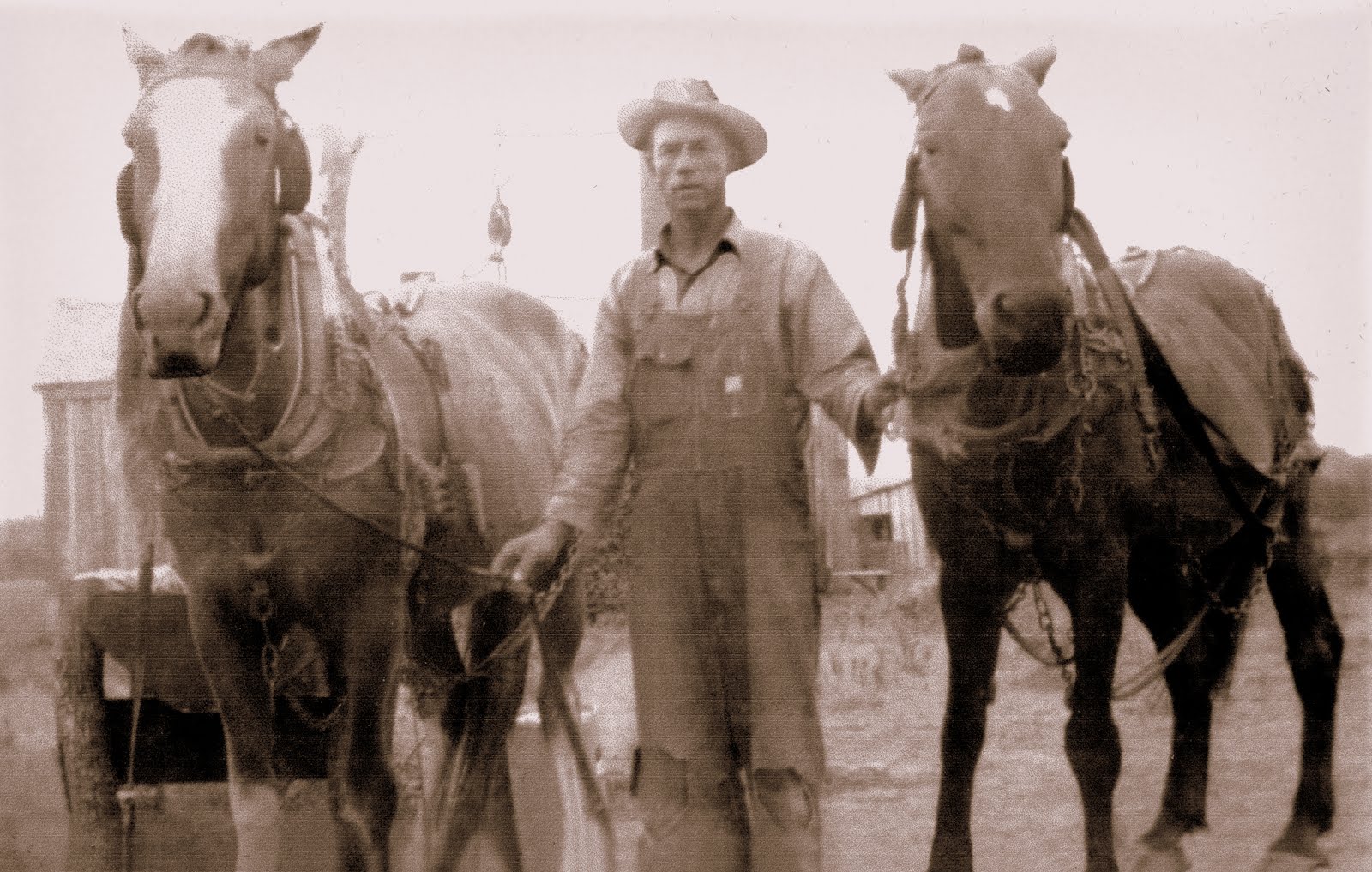The Brig
Boston has always been good to servicemen, ever since the Boston Tea Party. I spent about 2 months in port there, waiting for the ship to get ready to go. During this time, we were housed in a building on base.
When I filled out my forms for the military, I checked that I had experience with small arms. Then, later, after shooting on the firing range, they labeled me as a “sharpshooter.” So, in Boston, one of my work details was to “exercise” the men in the brig. The brig was the jail for sailors who were being disciplined for rule-breaking. They stayed for different amounts of time and were always coming and going. My job was to walk them around the base while they picked up trash and did other little projects, mainly to keep them out of the buildings and out of the officers’ hair. This particular work detail came with a small arm.
The Navy had some funny rules about small arms. You could have all the ammunition you wanted, but you had to pay thirty-nine cents for each bullet you used. If there was any trouble, we were to fire one warning shot, then after that, you were on your own. Plus, if one of the jailbirds slipped off and escaped, the one who was on watch had to serve out the time for the “run-away” until they were returned. I made a decision that I would never serve out someone else’s time in the brig.
Every time my rotation came around, I started off with a little pep talk. I said, “Now listen. I will not serve your time, and I’m not going to pay for any extra bullets. If you try to slip off, you won’t go far.”
I guess I got my bluff in, because I never had a bit of trouble with any of them trying to get away. They never gave me a bit of trouble.


